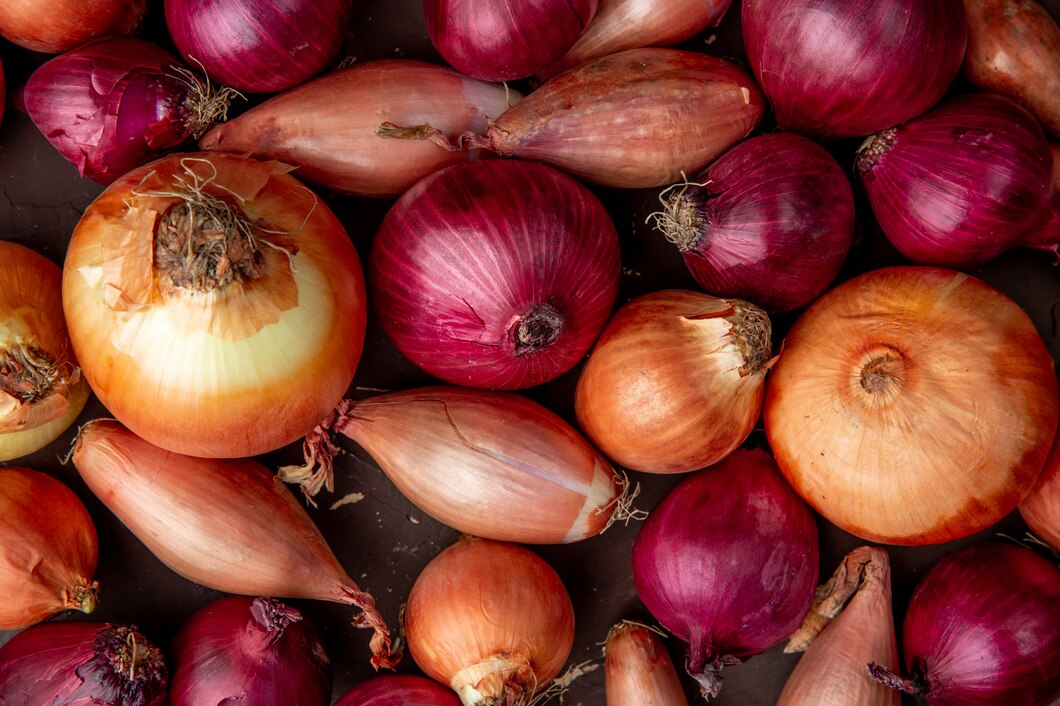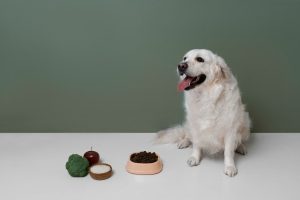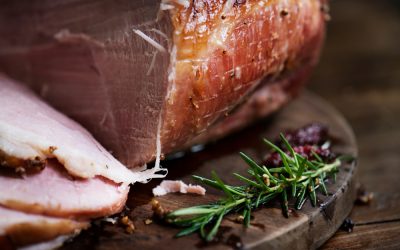Are Onions Bad for Dogs and How Much Is Too Much?

As a caring dog owner, keeping your furry friend healthy and happy is always a top priority. While onions might be a staple in your favorite dishes, they’re a no-go for dogs. These seemingly harmless veggies can pose significant health risks to your canine companion. This article explains why onions are dangerous for dogs, what symptoms to watch out for, and how to keep your pet safe and sound.
Why Are Onions Harmful to Dogs?
Onions, as well as garlic, leeks, and chives are part of the Allium family. They contain compounds like disulfides and thiosulphates, which can harm a dog’s red blood cells. This damage can lead to hemolytic anemia, a condition where red blood cells break down faster than the body can replace them.
Unlike some toxins, onion effects aren’t always immediate. Even small amounts consumed over time can build up and lead to serious health problems. That’s why it’s essential to stay vigilant and prevent any exposure, whether raw, cooked, or powdered.
How Do Onions Affect Dogs?
The culprit is N-propyl disulfide, a compound that gives onions their distinctive flavor. While harmless to humans, this compound damages a dog’s red blood cells by making them fragile and prone to rupture. As a result, dogs can develop symptoms of anemia, including:
- Lethargy and weakness
- Rapid breathing or panting
- Loss of appetite
- Pale gums and mucous membranes
- Dark or reddish-colored urine
If left untreated, hemolytic anemia can lead to organ failure and even become life-threatening.
Symptoms of Onion Toxicity in Dogs
Symptoms can vary depending on how much onion your dog has eaten and their size. Watch for these warning signs:
- Vomiting or diarrhea
- Abdominal pain
- Loss of appetite
- Increased heart rate
- Dark or reddish-colored urine
How Much Onion Is Too Much?
Even small amounts can be harmful. As a general guideline, consuming more than 0.5% of their body weight in onions can pose a risk. For example, a 20-pound dog should avoid eating more than 1.6 ounces of onion. But why take the risk? It’s best to avoid onions altogether.
What If My Dog Ate An Onion?
As Veronica Higgs, DVM described in the PetMD article: “Do not induce vomiting at home unless you have been specifically instructed to do so by a veterinarian. If you think your pet has eaten onions, or you saw them eat onions, do not wait to seek veterinary care. Dogs should be treated as quickly as possible.
If your dog has eaten onions, the first thing to do is to determine how much onion or onion-containing product was consumed. If you are unsure or the amounts are close to or greater than those listed in the chart above, take your pet to the vet immediately.
You can also call your veterinarian, the Pet Poison Helpline at 855-764-7661, or the ASPCA Animal Poison Control Center at 888-426-4435 for more help determining if your pet needs to go to the emergency room. “
Preventing Onion Ingestion
Prevention is the best way to keep your dog safe from onion toxicity. Here are some simple steps:
- Store onions securely: Keep onions, garlic, and related foods in a dog-proof location.
- Watch out while cooking: Clean up any onion pieces or spills immediately.
- Educate your family and friends: Make sure everyone in your home knows onions are harmful to dogs.
- Check ingredient labels: Avoid feeding your dog any food or treats containing onions or onion powder.
Safe Alternatives for Dogs
Want to share a snack with your pup? Stick to dog-friendly vegetables like:
- Carrots
- Green beans
- Pumpkin
- Sweet potatoes
- Broccoli (in small amounts)
These options are safe and provide essential nutrients for your dog’s overall well-being.




